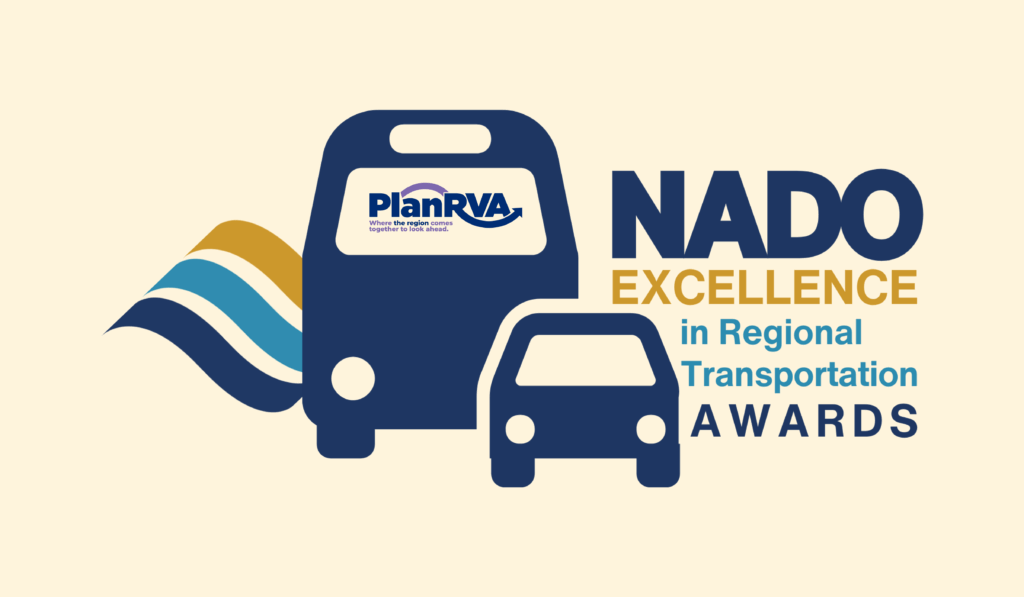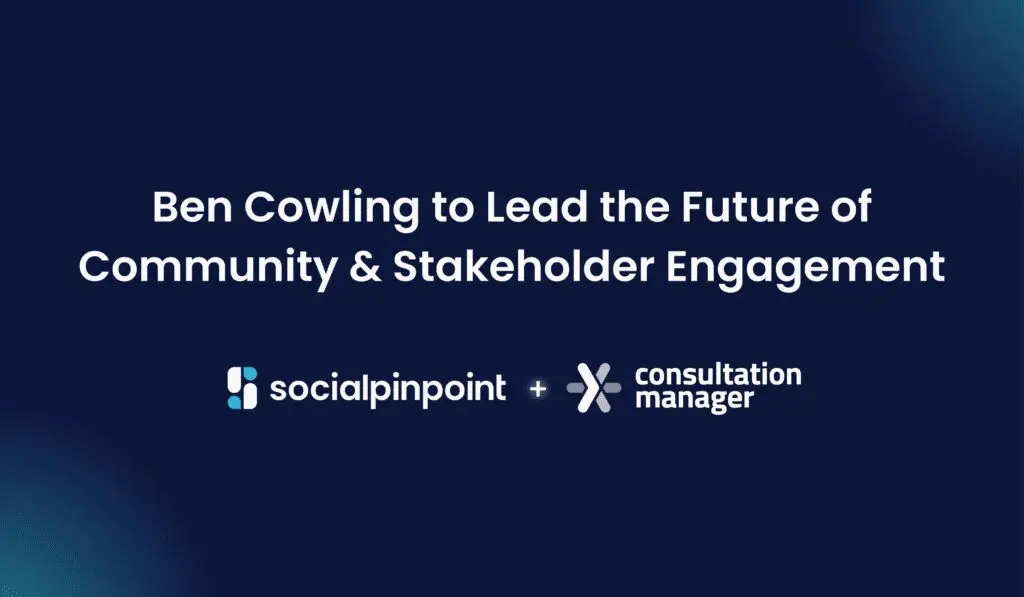Trust is a willingness to be vulnerable to the actions of others because we believe they have good intentions and will behave well towards us. When we trust other people, we give them the power to take actions that will impact us, because we believe that these actions will be good.
Governments and institutions need people to trust that they will make good decisions. Without trust, they don’t have the power to make productive changes for the community.
The climate crisis is just one major issue in which global citizens are relying on their governments and leaders to make decisions today that will protect their future. Governments from around the world were recently asked to make radical pledges to reduce emissions and ensure climate justice at the COP26 summit. Some have been applauded for their firm commitments, while others have been criticized globally for their ‘lack of climate ambition’ and ‘loose promises’, highlighting just how quickly trust can be won or eroded when leaders make decisions for their community.
What breaks our trust?
Trust is broken when we have a limited understanding of how a decision has been made or feel that leaders are out of touch. If we think that bias has influenced the decision-making process, or feel like our own perspectives have been pushed to the side to benefit a group with more sway, we won’t believe that a decision benefits us and may try to resist it.
When governance processes become more specialized and complex, the distance also increases between citizens and decision-makers and we can feel disconnected. It’s essential to bridge that gap, especially when the solutions required to combat incredibly complex issues, such as the climate crisis require collaboration and buy-in from a wide variety of experts and community stakeholders.
How does community engagement build trust?
Community engagement allows people to interact with decision-makers and provide input. However, when it’s done well, public participants don’t just feel like feedback machines. Rather, they become partners in our decisions.
Here are three ways to build trust through your community engagement efforts:

1. Start meaningful conversations.
Community engagement relies on effective and respectful communication. When sparking a conversation with the community, ensure that people understand your process, goals, and intended outcomes. Ensure that there is a level-playing field and give them visibility over their role and stake in the initiative. In order to be respectful and ensure that you are getting valuable input from all parties, you need to make sure that everyone has the information that they need to make an informed decision. Invite multiple perspectives, make sure people have an equal opportunity to provide input, and keep an open mind.

2. Be transparent.
Share information widely before, during, and after the project. By being honest about the role and influence that people have in decision-making and the implementation of solutions, you increase their sense of ownership over the outcome. If you’re going to start a conversation with the community, then you need to be honest about how the input has been factored into the final outcome. Share the initiative’s goals, strengths, and weaknesses from the get-go. Use simple and clear language to showcase your knowledge of the issue at hand, while helping others to understand it.

3. Do what you said you will do.
Consistency helps to build trust. If you told people that you would factor in their input into your decision-making process, then make sure you report back to them and tell them how you did it. Showcase how you applied what they said and clearly explain how you arrived at your decision and why.
What does building trust look like in practice?
One of our digital engagement specialists in the U.S., Melissa Hepburn, helps governments, consultants, and nonprofits leverage community expertise to create an equitable and sustainable future. She believes that sharing information over time is the best way to build trust.
“If you choose to publish the results of a survey, citizens can see why decisions are being made and feel a sense of ownership over the process. When I first moved to Dallas, I attended a climate strike. A city rep was handing out fliers that took me to an online survey. I got to voice my concerns and share that my priority for our transportation plan was more bike lanes.
“A few weeks later, I got an email from the city with the results. They decided to add additional lanes on the freeway for more cars. They backed up that decision with some data from the survey. Turns out, most of my neighbors and fellow citizens commuted for longer than one hour. Additional lanes could cut that time down significantly. Seeing that, I couldn’t argue with the decision, and I felt like my voice mattered even though I didn’t get my way.”
Trust enables decision-makers and communities to work together effectively.
Governments and institutions can’t engage in effective conversations or make productive decisions without having an open and respectful dialogue with the communities they represent. Leaders that build trust to engage, empower, and work with their community will navigate critical crossroads far more effectively.
Wondering how to build trust in your next community initiative? Check out how our clients are transparently engaging with their communities online in our live projects.












